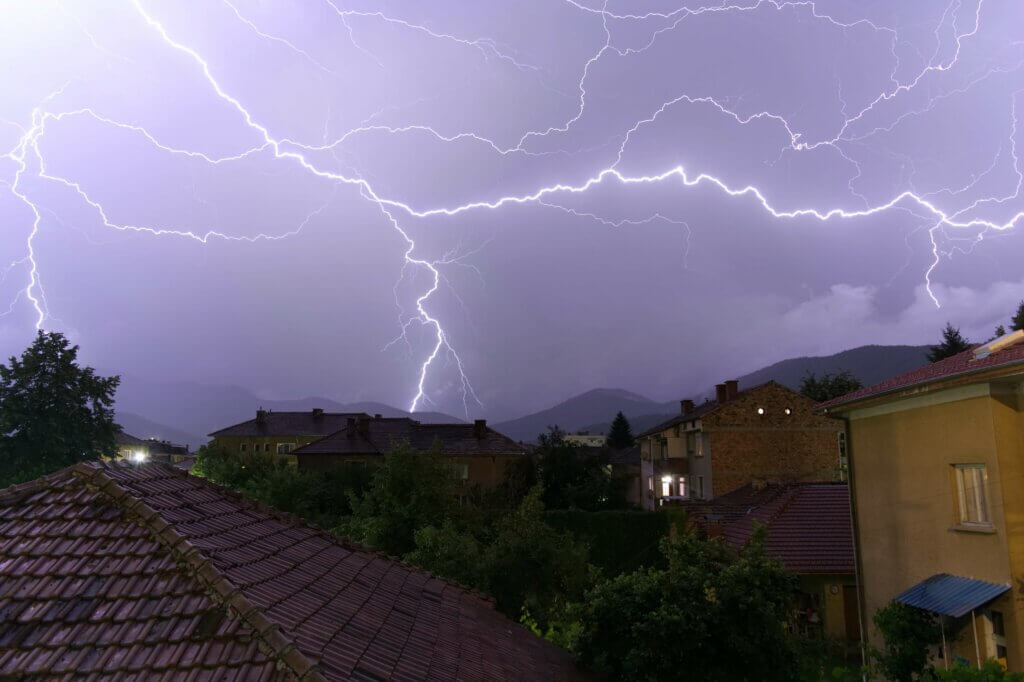Everything is more expensive these days, from groceries to gasoline, and unfortunately, homeowners insurance is no exception. According to a report by Insurify, homeowners insurance premiums are on track to increase about 9% this year. (And in 2022, they increased about 7%.) Many homeowners are understandably concerned about this trend, especially when they are already feeling the pinch from other cost-of-living increases.
At Alliance Insurance of the Rockies, we specialize in helping people get the homeowners coverage they need at a price they can afford. So, after we discuss why insurance premiums are rising, we’ll share some tips for reducing your insurance costs.
Average Colorado Homeowners Insurance Premiums in 2023
We already mentioned that insurance premiums increased roughly 7% in 2022 and could increase another 9% this year, but what does that look like?
According to the Institute of Insurance Information (III), in 2019, the average homeowner’s insurance premium in Colorado was $1618. Now, the average is $2153. Broken down over 12 months, Coloradans are paying an extra $44 monthly for their home insurance. So what is causing these increases?
Factors that Affect Homeowners Insurance Premiums
The most common reason for an increase in your home insurance premiums is a change in coverage. Over time, your needs change, so you may add additional coverage or upgrade existing coverage. Your insurance premiums may also increase if you made a claim during the previous year.
Though these factors may affect your individual premium, they don’t explain the nationwide rise in homeowners insurance rates. Here are a few reasons insurance premiums have skyrocketed over the past few years:
Inflation
The current trend of high construction costs is having a significant impact on homeowners insurance premiums. As construction costs continue to rise, many homeowners are finding it increasingly difficult to afford repairs and rebuilds after potential damages to their homes.
This, in turn, is causing insurance providers to raise their premiums to cover the additional expenses. The increased cost of building materials and labor is the primary reason for the surge in construction costs, and the effects of this trend are being felt across the industry.
Extreme Weather

Rising temperatures and more frequent extreme weather events have also played a role in the cost of homeowners insurance. According to the III, fire and lightning caused the most severe homeowner losses between 2016 and 2020, resulting in over $77,000 in damages per claim. However, The most frequent loss was wind and hail, with an average claim of around $11,000.
As storms become stronger and more common, insurance companies face increasing claims costs. This means that they must raise premiums to cover these unexpected expenses.
Your Home’s Age
Another factor that could be impacting your premiums is your home’s age. According to the National Association of Home Builders, the median age of owner-occupied homes in the U.S. is 39 years old. Older homes are generally less safe and may require additional maintenance. An older roof, for example, can put you at increased risk for leaks or water damage. Insurance companies take these factors into account when they set premiums.
How to Reduce Homeowners Insurance Premiums
Though there may be elements beyond our control when it comes to the rising cost of homeowners insurance, there are some steps you can take to reduce your premiums.
Shop Around for Different Providers and Compare Rates.
Comparing rates from different providers is one of the best ways to ensure you’re getting the best deal on your insurance. Different companies have different levels of coverage and may offer discounts for certain circumstances. Shopping around will give you a better idea of what’s available on the market so that you can decide which policy works best for you.
An easy way to do this is by partnering with a trusted insurance broker who will have plans available from the best national carriers, often at a discounted rate.
Increase Deductibles or Lower Limits on Coverages You Don’t Need.
Raising your deductibles or decreasing the limits on coverages you don’t need will lower your premiums. However, it’s important to remember that if there is an incident, you might have to pay more out of pocket for damages. Therefore, it’s best to work with a professional to find the right balance between coverage and cost to ensure you are adequately protected.
Take Advantage of Discounts Offered by Insurers.
Many insurance providers offer discounts for safety features, smoke detectors, burglar alarms, and even bundling different policies together. Taking advantage of any discount your provider offers can help you get lower premiums. Reach out to your insurance company directly to review possible discounts.
Explore Colorado Homeowners Insurance Options
If you’re concerned about rising homeowners insurance rates, contact our friendly team at Alliance Insurance of the Rockies today. We can help you compare rates to find a more affordable plan while offering the coverage you need. Since we work with multiple carriers, our only goal is to find the best plan for your budget and lifestyle.






